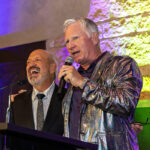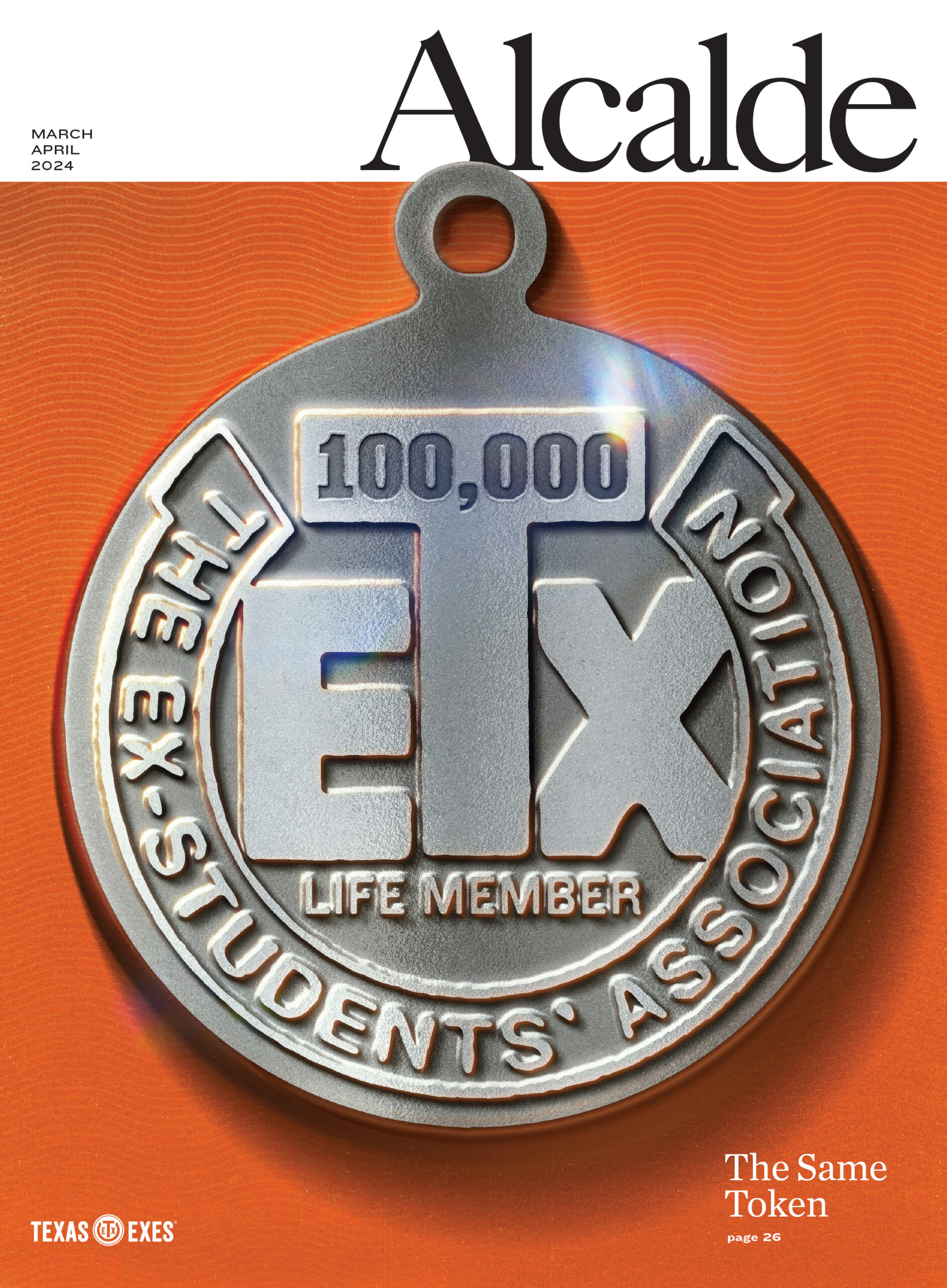Powers Defends Soul of University in Annual Address
 After a brief introduction to University of Texas affairs in his annual September speech to the UT community, President Bill Powers spoke a surprising phrase:
After a brief introduction to University of Texas affairs in his annual September speech to the UT community, President Bill Powers spoke a surprising phrase:
“That, I’m sorry to say,” he said, “is the state of our University.”
The State of the University address is typically proud and upbeat. And Powers grew proud as he spoke of UT’s most recent achievements, including new buildings for liberal arts, ROTC, student activities, and computer science, and progress on engineering and medical facilities.
But first the president described a divided house. The trouble started with Texas A&M’s now-infamous Red and Black Report on which faculty were “productive” and which were not. Criticism of Texas’ leading public universities continued through a “frankly disheartening” summer, he said.
Critics have called for UT faculty to produce more—to teach larger masses of students, to score only ever-bigger research grants from outside the University. Powers called for the debate to move beyond large-scale production.
“If the point of a university is mainly to train employees, then scaling it up to industrial dimensions makes all the sense in the world. Huge classes, maximum standardization of curriculum, cheaper labor, and cheaper, mass-produced degrees,” he said. “But this is not the point of a university, and especially, of The University of Texas.”
Powers laid out plans for the University to control costs and maximize efficiency in different ways.
Those plans included increasing the four-year graduation rate to 70 percent within five years, allowing students to save money and reduce debt while creating capacity for additional students. They also included using new technology to redesign courses, investing $50 million over the next 20 years.
Meanwhile, Powers passionately defended the University system, especially faculty.
He spoke up for those who teach, asserting that UT faculty carry an average of 33 percent more teaching load credits than the UT System requires. Within the UT colleges that teach undergraduates, he added, 86 percent of tenured and tenure-track faculty teach undergraduate courses.
Powers listed such innovations as the three-crop rotation, the plow harness for horses, and robotics and other factory technologies as examples of true productivity gains.
“Every productivity gain in history has come from redesigned processes and better capital equipment, not from simplistic calls for making the labor force work longer hours or work faster,” he said. “So history and experience tell us that redesigning processes and making capital investments should be our focus, not making ideological claims about our faculty’s not working hard enough.”
But it wasn’t all playing defense. The president grew reflective and philosophical in a spirited description of the University and the lofty aims and complex system that comprise higher education.
He compared a higher education institution to a rainforest, with a delicately balanced ecosystem of diverse creatures and micro-environments. “If we understand the power of its synergies, and we respect its processes,” he said, “it can yield cures for society we have yet to even dream of.”
Great universities are based on deferred gratification—something that Powers said he and fellow baby boomers now at the height of their public influence are not always patient enough to appreciate.
“The fruits of this type of education are harvested when these students take leadership roles years after graduation to support our democratic way of life, and when they spawn further innovation in business, science, technology, and the arts,” he said.
The address was webcast, broadcast on campus channels, and carried on the Longhorn Network. Read the full address here.
Photo courtesy Marsha Miller/The University of Texas.

















No comments
Be the first one to leave a comment.